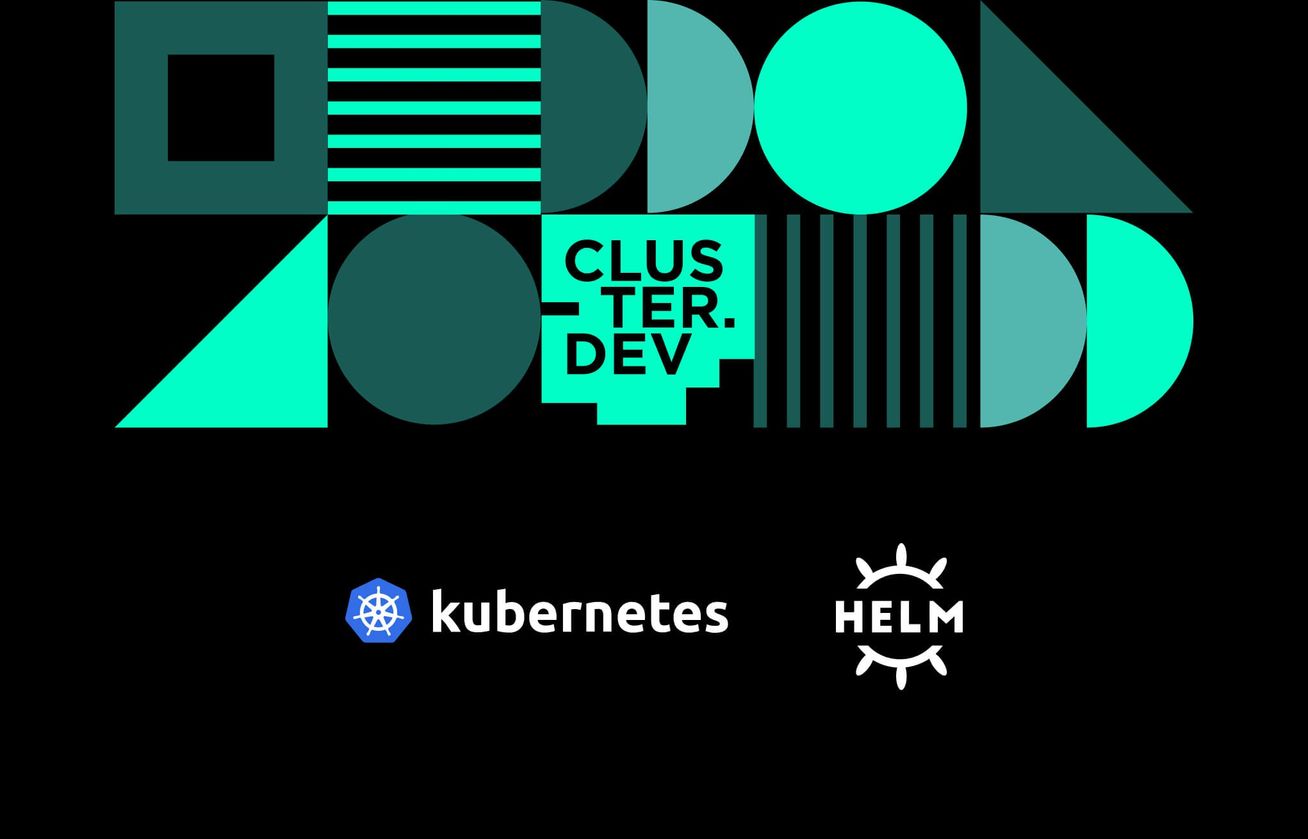Maintainers of Complex Systems
Handling intricate, interconnected systems has never been easier! Cluster.dev is a tool for the management of complex systems, ensuring smooth and error-free deployments, even in the most complex ecosystems.
- Seamless integration of different technologies
- Interdependency tracking between each component
- Ensured compatibility of stack components
- Quicker resource validation
Cluster.dev Solves Multiple Problems for Maintainers of Complex Systems
How It Works
Our Clients & Reviews
Ready to get started?
Cluster.dev is designed to manage a wide range of complex systems, including multi-cloud environments, microservices architectures, and interconnected application ecosystems.
Yes, Cluster.dev can be integrated with any kind of existing monitoring tools, both open source and enterprise. It is natively integrable with the Grafana-Prometheus stack, which allows for monitoring of a wide range of performance metrics, both infrastructure- and application-specific.
It does so through the continuous reconciliation with the GitHub repository. Whenever Cluster.dev detects any changes in your infrastructure repository, it automatically applies them to the existing cluster to prevent any discrepancies between the desired state and the actual cluster state.
Absolutely. Cluster.dev is designed with the flexibility to handle multi-cloud deployments. It allows you to manage and scale your infrastructure across different cloud providers within a single deployment strategy.
Cluster.dev contributes to cost optimization by providing clear visibility of the resources deployed on a single or across multiple cloud platforms. This makes it easier to calculate and manage cloud costs effectively.
Yes, sure. Cluster.dev offers a range of plans that provide different levels of support. Within the Community Edition plan you are welcome to join our Slack community where our engineers will consult you on any issues related to the Cluster.dev functionality. The Business and Enterprise plans include a dedicated helpdesk to ensure that issue solving and help in creating customized templates are treated as a priority.
 Schedule call
Schedule call




